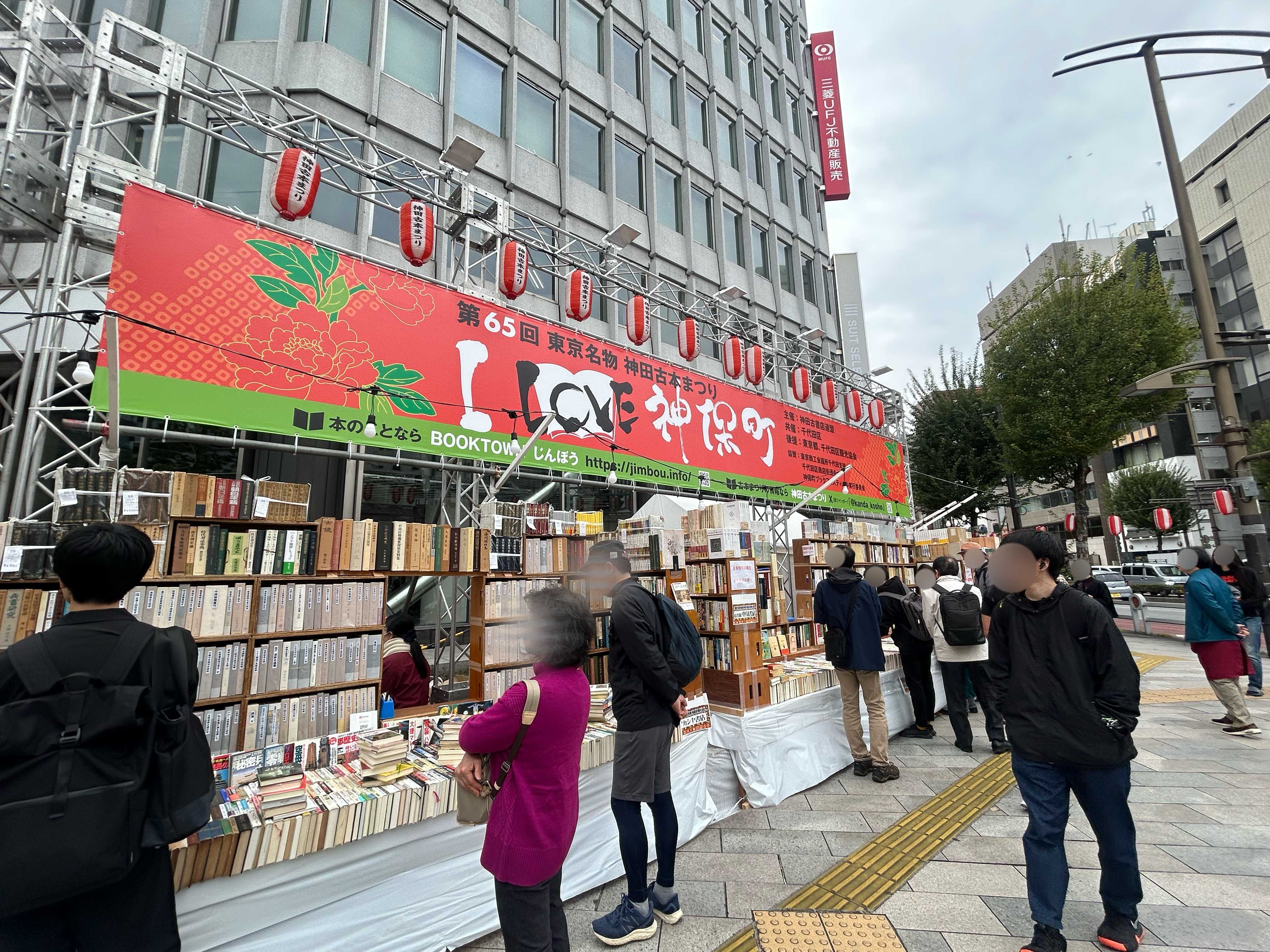■(18)英語訳論文『霧に対する感性の考察』(1)
7月 11, 2025
Consideration of Sensibility Towards Fog、2008
By Tadami Yamada
山田維史 「霧に対する感性の考察」 2008年
When I think back to the popular Japanese songs that sing about "fog," I'm surprised at how many there are. I remembered 19 songs. It's no fun to list them from memory, so I'll look into waka and haiku poems that Japanese people have written about "fog."
To begin with, I looked closely at the Kokin Wakashū (古今和歌集;Collection of Ancient and Modern Poetry, 905) and found nine poems in which about “fog”, two of which were by known authors and the rest were anonymous.
恋こいて逢う夜は今宵天の川霧立ちわたり明けずもあらん
The night we meet
longing for each other
tonight the Milky Way
will be covered in mist
it will probably never dawn
春霞かすみて去にし雁がねは今ぞ鳴くなる秋霧の上に
The geese
that left in the spring mist
for the northern country
are now returning here
as the autumn mist rolls in
人の見る事や苦しき女郎花秋霧にのみ立ち隠るらん 壬生忠峯
Embarrassed
to be by people
Ominaeshi flowers stands
probably hidden
in the autumn mist
Mibu no Tadamine
霧たちて雁ぞ鳴くなる片岡の朝の原は紅葉しぬらん
The mist rises
and the geese cry
The autumn leaves of the morning
fields of Kataoka must be
at their best right now
[Note] Kataoka is currently near Oji-cho, Kitakatsuragi-gun, Nara Prefecture.
秋霧は今朝はな立ちそ佐保山の端はその紅葉他所にても見ん
There must be a lot of mist
around the edge of
Mount Sahoyama this morning
The autumn leaves there are beautiful
but I'll look elsewhere
[Note] Mt. Sahoyama is currently around Saho in Nara City.
秋霧の共に立ち出でて別れなば晴れぬ思いに恋や渡らん
平元規 蔵人右衛門尉
The morning dawned, autumn mist rolled in
We stood up together, time to say goodbye
but just as the mist did not clear
my feelings for you did not clear either
and my love for you only grew wider
Taira no Motonori, Kuroudo no Uemonnojo
ほのぼのと明石の浦のささ霧に島隠れ行く舟をしぞ思う
As dawn breaks
the gentle mist of Akashi Bay
I watche the boat gradually disappear
behind a small island
I think of the person I love
朝な朝な立つ河霧の空にのみ浮きて思いのある世なりけり
Every morning
the river mist rises
and floats in the air
It floats and leaves thoughts
of this sad world
秋霧の晴れて曇れば女郎花花の姿ぞ見え隠れする
Just when I think
the autumn mist has cleared
the sky becomes cloudy
and the Ominaeshi flower can be seen
but then it disappears again
When we look at these nine poems in this way, we can see that "fog" as a natural phenomenon is given a metaphorical role of hiding or revealing things, and that it generally symbolizes "love." In other words, the poems are not about a misty scene in and of itself. They are about entrusting a more depressing emotion to the fog.
But has this emotion entrusted to the fog continued into much later times?
When I searched for haiku by Matsuo Basho (1644-1694), written about fog about 750 years after the compilation of the Kokin Wakashu, I found one in "Nozarashi Kiko (野ざらし紀行)“ 1685-87. There is also one in "Sarashina Kiko(更科紀行)”1688-89, but this was written by Ochi Etsujin (1655/56-?) who accompanied Basho on his travels.
Let's take a look at these two poems.
霧しぐれ富士を見ぬ日ぞ面白き 芭蕉
It's interesting to see
the mist and rain
especially since you can't see Fuji
Basho
(During the journey, Mt. Fuji never disappeared from view, so when the mist and rain fell and Fuji disappeared, it was a special pleasure.)
霧晴れて棧は目もふさがれず 越人
The fog has cleared,
so the shoji screens
are left uncovered with windproof
Etsujin
These two poems do not have the slightest bit of emotion found in the Kokin Wakashu. Romance is out of the question.
Matsue Ishu Shigeyori (1602-1680), about 40 years older than Basho, was said to be a heretic in the Teimon school of haiku, but his book "Kebukigusa (毛吹草)”1645, was widely used when Teimon school of haiku was in its heyday and was a masterpiece. "Kebukigusa” contains "Haiku Shiki no Kotoba (俳諧四季之詞),” which can be called a collection of seasonal words, and in the "Autumn" section there is "Mist." If we include the later "additions," there are eight poems about fog. We will look at them below, but in fact even the Teimon haikai that preceded Matsuo Basho no longer had the sentiment of ancient and modern times. So, is it a calm observation of fog as a natural phenomenon? Well, we can say yes, but we can't say no. If waka is the high-brow literary art of the aristocracy and samurai classes, what was emerging here was a new literary art called "haikai" that somehow evoked the humorous spirit of townspeople. It is different from the interest in serenity that is connected to the "wabi" perfected by Basho, and can be said to be a perspective on nature and things that is the very preliminary stage.
Anyway, let's look at the eight poems from the "Fog" section of "Kebukigusa.” There is no need to interpret them, so I will leave that out.
是はまた霧を通すや風袋 重頼
Noway, this is a wrapping that
not the wind but the fog through too
Shigeyori
霧の海に立つや白鷺の波頭 道二
A white heron standing in a sea of mist,
the crest of a wave
Douji
富士は磯というや理霧の海 重方
Mt. Fuji is called a rocky shore!
standing over the sea of mist
Shigekata
風の手のやふるや霧のまばら垣 正依
The wind's army blows mist arrows
into the sparse hedges
Masayori
(I will give my own interpretation of this phrase. The wind's hand falls on the sparsely fogged fence. Also, as an alternative interpretation, the wind's hand breaks through the sparsely fogged fence. The latter may be more natural.)
大海を手柏で急く霧間かな 正直
It is like the ocean, must I harry to go
with clapping my hands through the mist
Masanao
天は沖地は磯なれや霧の海 未得
The sky is the ocean, the earth
is a shore, the sea of fog
Mitoku
風口は干潟となるや霧の海 不及
When the wind turns into a tidal flat
the fog turns into the sea
Fukyu
朝霧の海高くして山もなし 一言
The sea of morning fog is high
but there are no mountains
Ichigen
(次ページにつづく:To be continued to next page)
ジャンル別一覧
人気のクチコミテーマ
-
-

- 本日の1冊
- 読んだ本(浅暮三文)・・その百六十
- (2025-11-19 20:55:43)
-
-
-

- 最近買った 本・雑誌
- 今年も神田古本まつりに行きました。
- (2025-11-10 15:52:16)
-
-
-

- NARUTOが好きな人、投稿はここだって…
- ナルト柄のTシャツ再び!パープル色…
- (2025-08-27 07:10:04)
-
© Rakuten Group, Inc.



